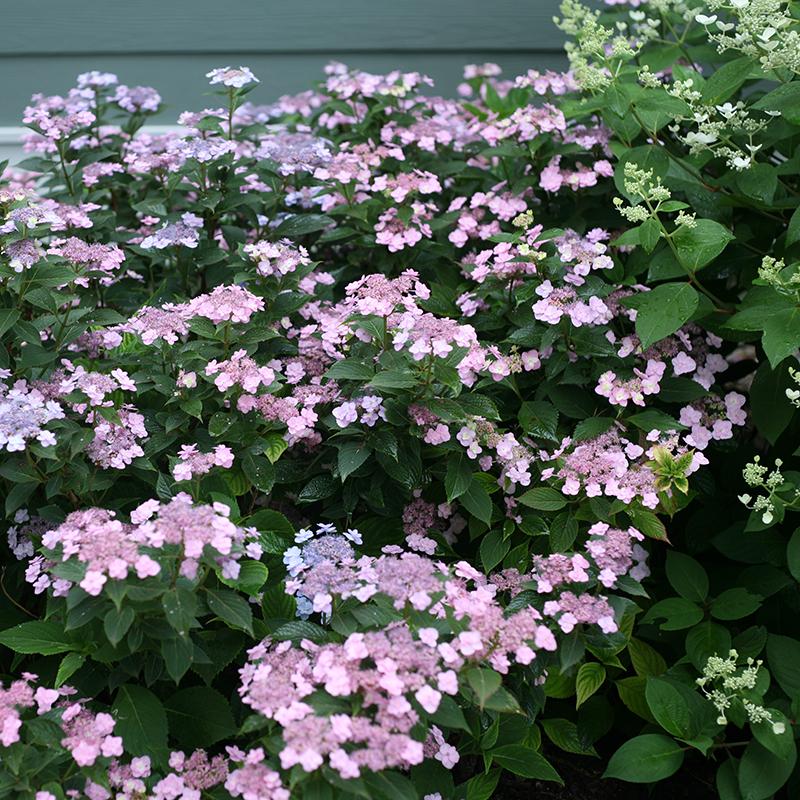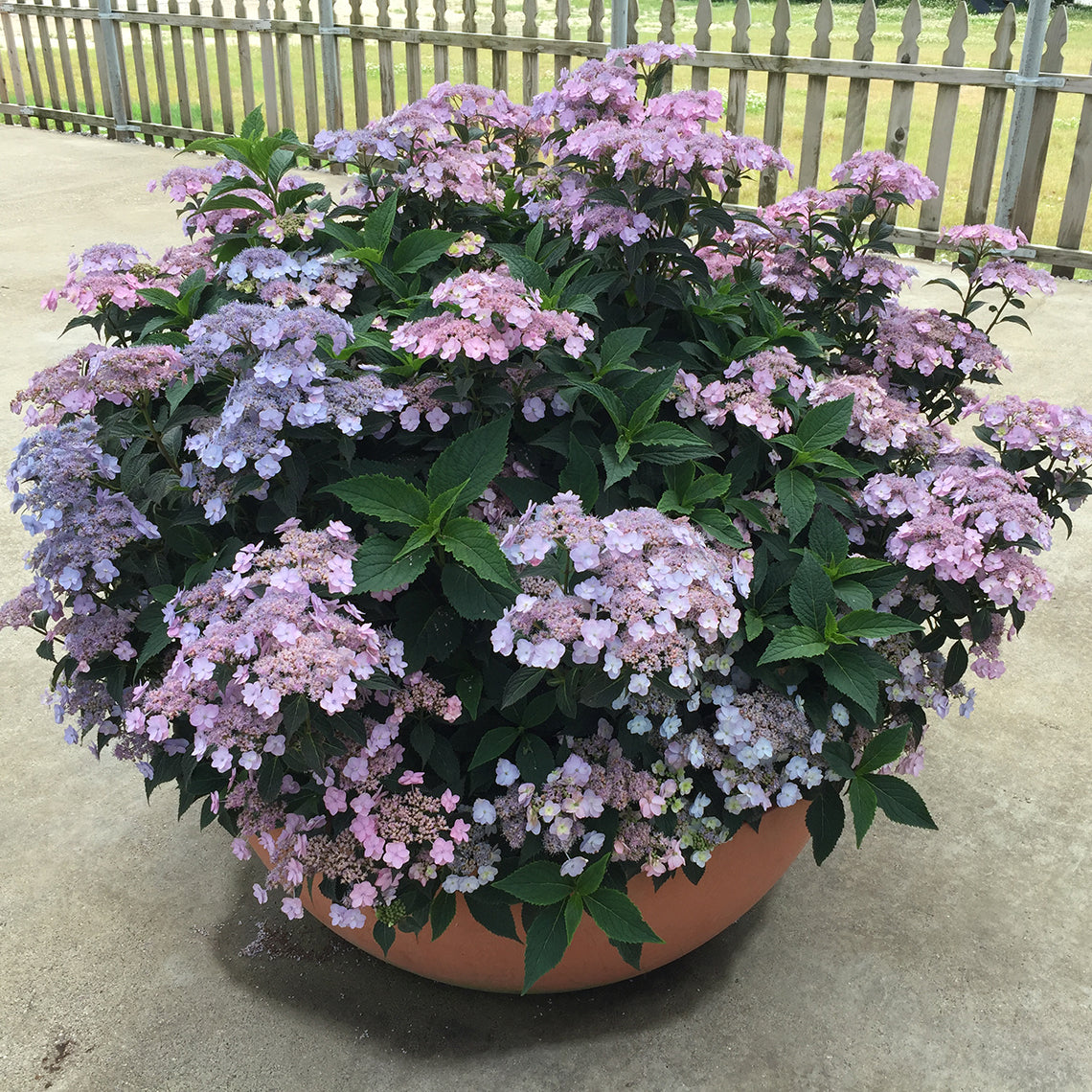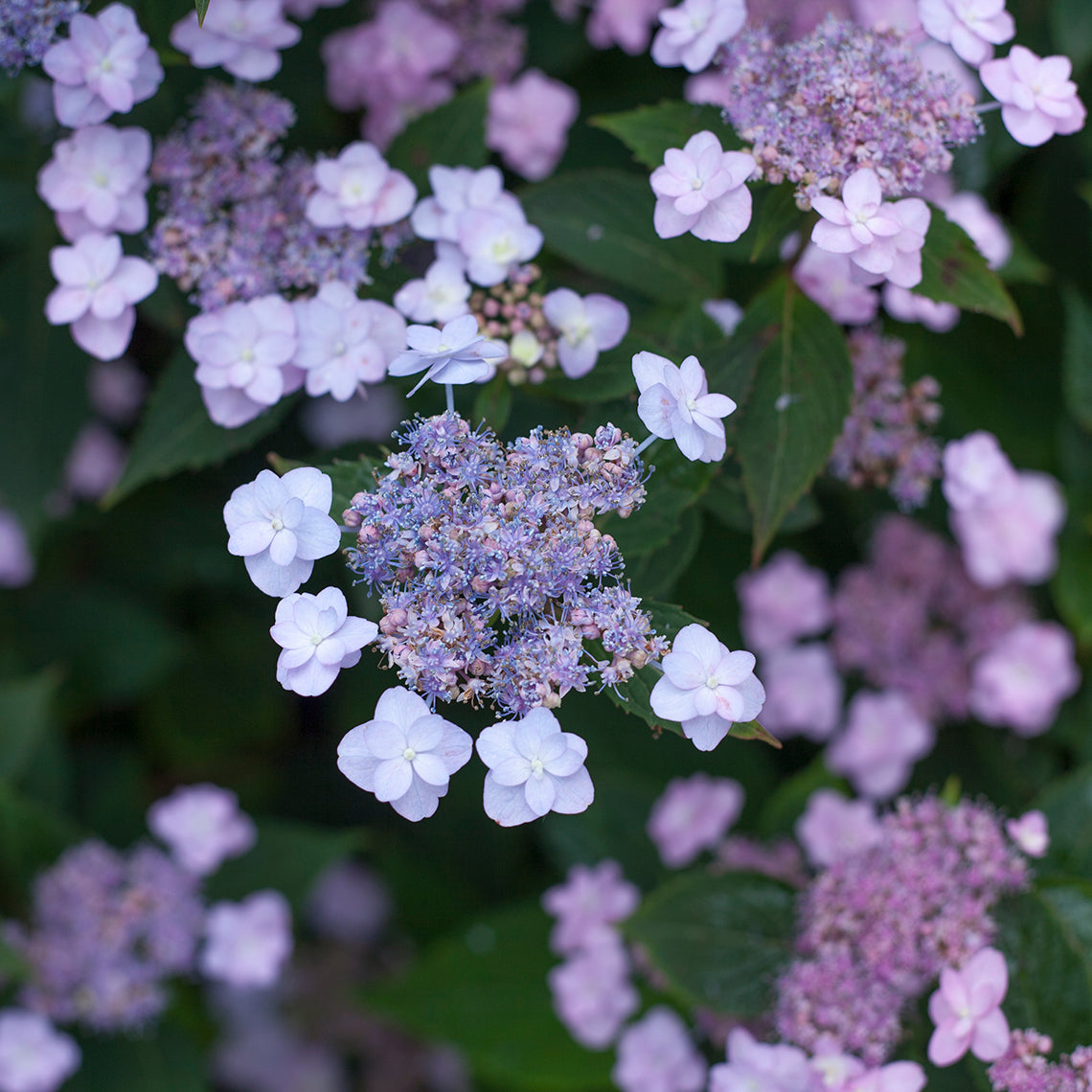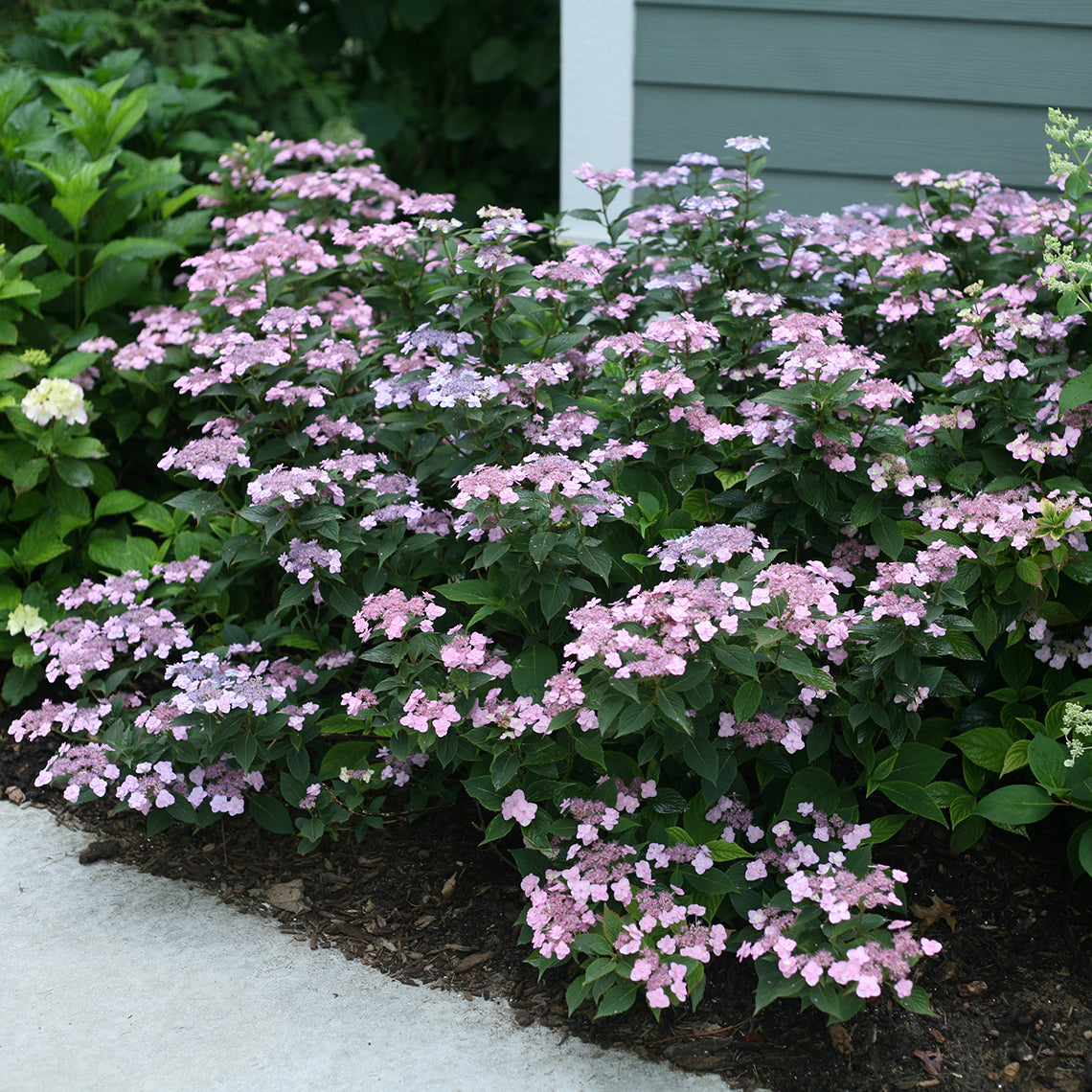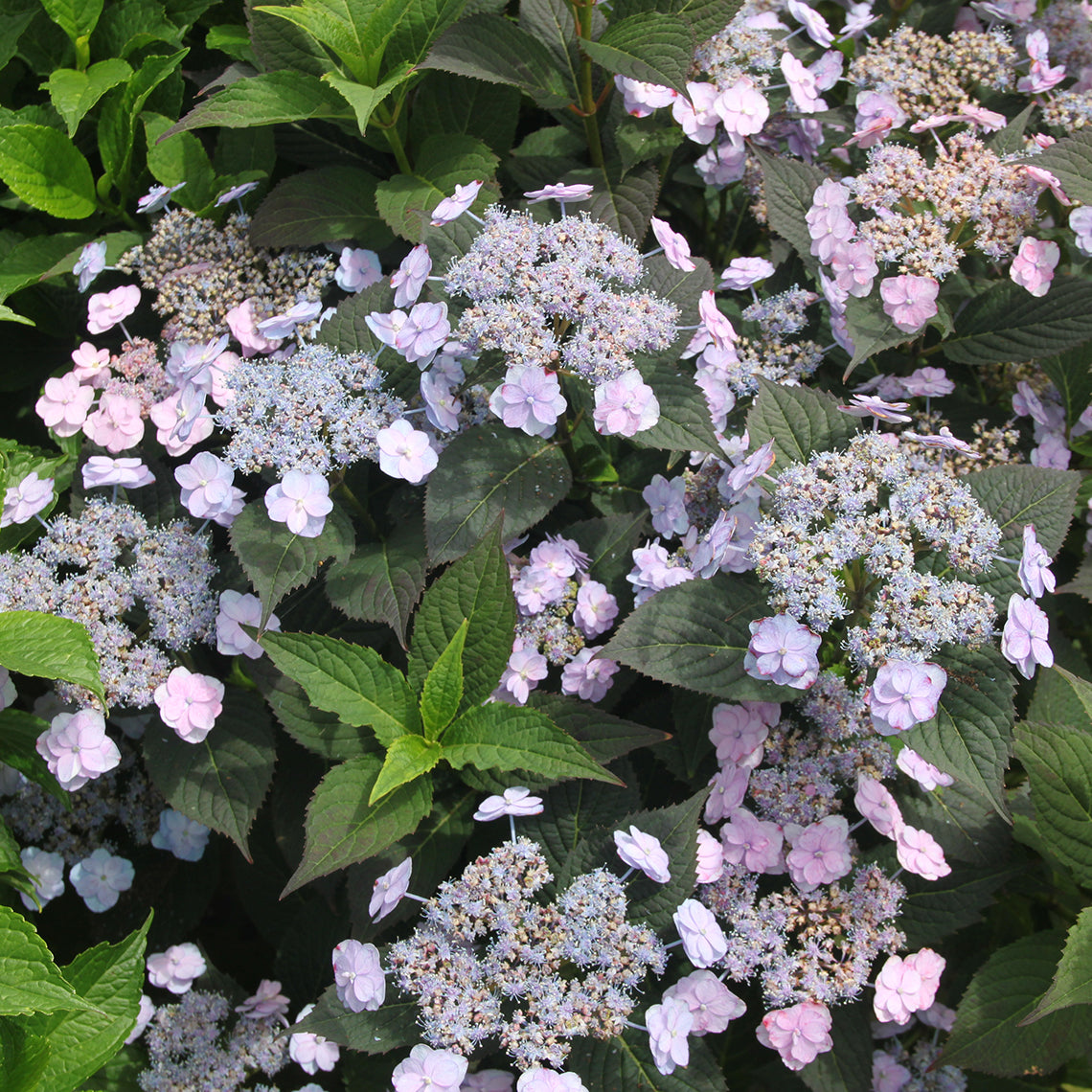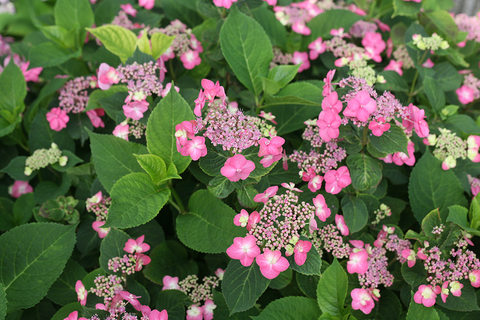NO RISK 60 DAY GUARANTEE
We've got you covered with our 60-day guarantee. We guarantee that your plants will arrive healthy, free of pests and diseases, and true to name.
Have a problem with your plant? We make it easy to place a claim via email or use the chat bubble. Simply send us a photo of your plant, your order number, and a brief description of the problem within 60 days of receipt of your order. Orders from US are eligible for refund or replacement; Canadian orders are eligible only for refunds. All refunds are based on the plant cost and do not include shipping charges. Allow up to 2 weeks for processing refunds.
After 60 days, we cannot be responsible for the plants in your care and will not cover problems with overwintering, animals, insects, diseases, improper planting, drought, flooding, poor drainage, etc. Our goal is that you are successful with our plants (and gardening in general), so our expert staff is here to assist you with any problem you may experience.
Any plant shipped dormant in spring is guaranteed to break dormancy, even if it takes longer than 60 days.
Please note: our guarantee does not cover plants grown outside of their recommended growing zones. Verify your USDA zone by clicking 'Growing Zone' in the site navigation and entering your zip code before purchasing.
FALL GUARANTEE – SHIPPING FROM SEPTEMBER 1 – END OF FALL SEASON
Did you receive an order after September 1? If so, it falls under our fall guarantee. We want to ensure your plants establish in your garden and return the following spring. Therefore, the warranty on your plants is extended to May 31 the next year. Ensure you contact us with images, your order number, and a description of the problem before May 31.
OUR ROBUST PLANTS
We ship plants with hefty root systems that outperform smaller plants obtained from other mail-order nurseries.
SHORTAGES/DAMAGES
We take great pride in our packaging. Please contact us immediately for any damaged boxes or shortages. (Please note: multiple boxes shipped by Fed Ex might not always arrive the same day)
DORMANT PLANTS
Any plant shipped dormant in the spring is guaranteed to break dormancy even if it takes more than one month. Call us directly if you have any concerns.
PHOTOS
Photos of the plant(s) will be required so that we may provide the best assistance possible
REFUNDS
A plant refund is based on the plant cost less discounts and shipping charges. Allow up to 2 weeks for processing. We reserve the right to request a return of an item.
PRODUCT CARE
After 60 days, we cannot be responsible for product that is in your care. This includes overwintering, animals, insects, diseases, poor planting, plants beyond their hardiness zone, drought, flooding, etc. Our expert staff is here to assist you with any problem you may be experiencing. Our goal is that you are successful with our product.

